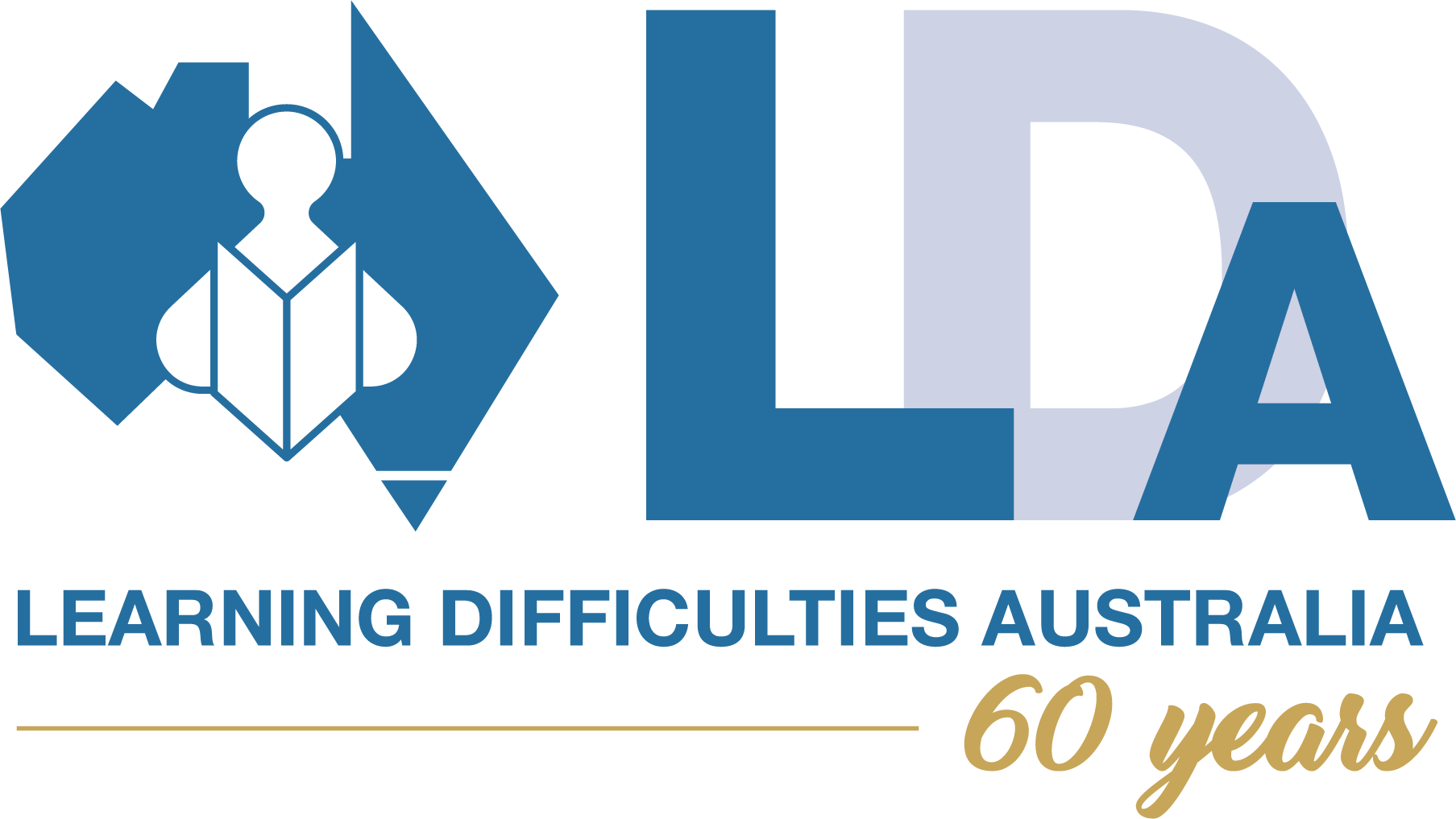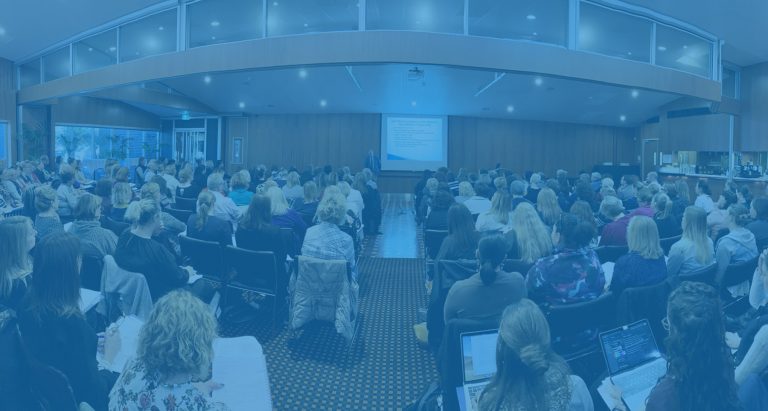Join a community of professionals committed to effective teaching.
By becoming a member of LDA, you will have an opportunity to meet fellow teachers, speech-language pathologists, psychologists, researchers and other professionals working in the field of education who have a passion for improving student outcomes through effective instruction based on scientific research.
Members receive regular LDA publications via post, including the LDA Bulletin and the Australian Journal of Learning Difficulties as well as member discounts for participation in workshops, seminars and conferences.
You will also have access to the ‘Members Only’ areas of our website where you can obtain past issues of our publications as well as conference and seminar notes.
Effective Instruction
Teachers are a major force for improving society. To be successful, the teaching profession must base its instructional practices on the results of good quality empirical research, and this involves keeping abreast of scientific developments. One of LDA’s main goals is to keep bridging the gaps between evolving scientific knowledge and members of the teaching profession, including educational policy makers, teacher education faculties, and teachers at the chalkface. Visit the skill areas below to learn about initiatives, approaches and programs that are being used effectively in each area.


